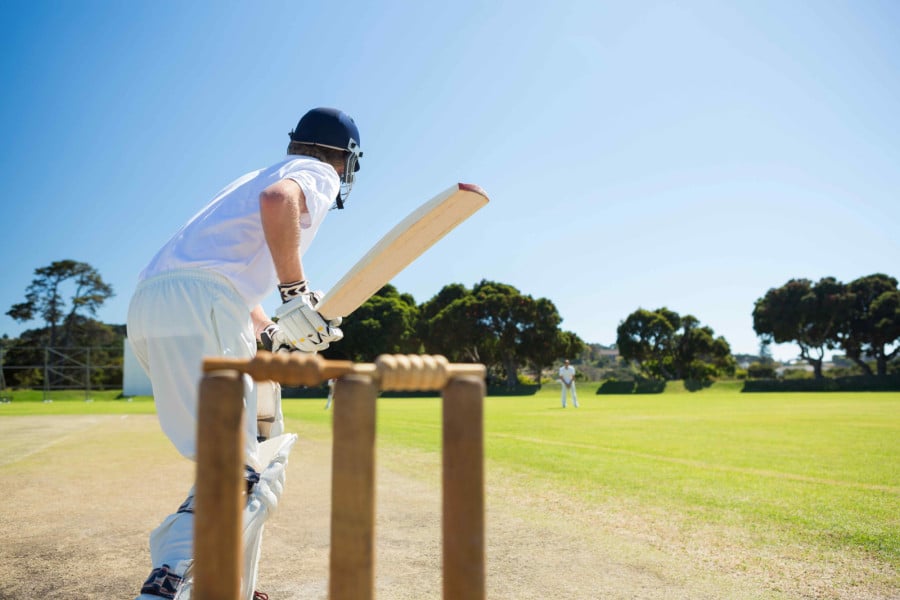Knocked down, but not out - A review of the ICC’s new concussion replacement regulations

In what was a sensational summer of cricket, the sport also saw the first use of a ‘concussion replacement’ in the international game.1 Steve Smith, the Australian batsman, was hit in the neck2 by a bouncer from English fast bowler, Jofra Archer, during the first innings of the second Ashes test at Lords. The ball narrowly missed hitting the part of his neck that so tragically caused the death of Phillip Hughes. Smith came back out to bat after undergoing a medical examination but looked out of sorts and was out LBW on 92 shortly afterwards. His condition worsened that evening and he began to suffer symptoms including headaches, dizziness and drowsiness3. The medical team stated that, despite passing three concussions tests immediately after the incident, Smith had suffered a delayed reaction to the impact. Australia made the decision to use a concussion replacement and Smith did not feature in the second innings.
This article examines the background to concussion replacements, explains how the new regulations operate, and discusses several talking points that will no doubt emerge with their introduction to the game.
To continue reading or watching login or register here
Already a member? Sign in
Get access to all of the expert analysis and commentary at LawInSport including articles, webinars, conference videos and podcast transcripts. Find out more here.
- Tags: Ashes | Athlete Welfare | Australia | Concussion | Cricket | England | India | International Cricket Council (ICC) | Regulation | Safety | Test Match Playing Conditions
Related Articles
- No hands…and no heads: An argument to end heading in soccer at all levels
- U.S. sports law news update: $75 million NCAA concussion settlement approved
- Views on the football market from a top agent: An interview with Erkut Sögüt – agent for Mesut Ozil
- How do football lawyers differ to football agents? An interview with Daniel Geey
Written by
Edmund Gross
Ed practices from 5 Essex Chambers. Recently he has developed a growing Public Law practice which includes being instructed for the Home Office in the Undercover Policing Inquiry. Additionally, he is instructed in several matters that raise national security issues. In 2023 he was appointed to the Attorney General’s C Panel of Civil Counsel.
In terms of Sports work, Ed was appointed to the Football Association’s National Serious Case Panel in July 2023. Furthermore, he has been sitting on MCC Disciplinary Panels for several years. In July 2024 he was appointed as a Sports Resolutions Pro Bono Service Member
Ed has been instructed in a wide range of regulatory and disciplinary matters by the Rugby Football Union which includes issues relating to anti-doping.
Ed was instructed as part of a barrister and solicitor team by a national sport’s governing body who are exploring the implementation of a new governance structure.
Thomas Cleeve
Tom is a specialist employment lawyer, advising senior individuals and organisations on contentious and non-contentious matters, with particular experience of acting for clients within the professional services, financial services and sport sectors. Tom has represented athletes and sports organisations on matters involving contractual negotiations, protecting confidential information, selection appeals and disciplinary proceedings. He has completed the BASL / De Montfort Law School Diploma in Sports Law and Practice with distinction.
You can find him on LinkedIn here.





